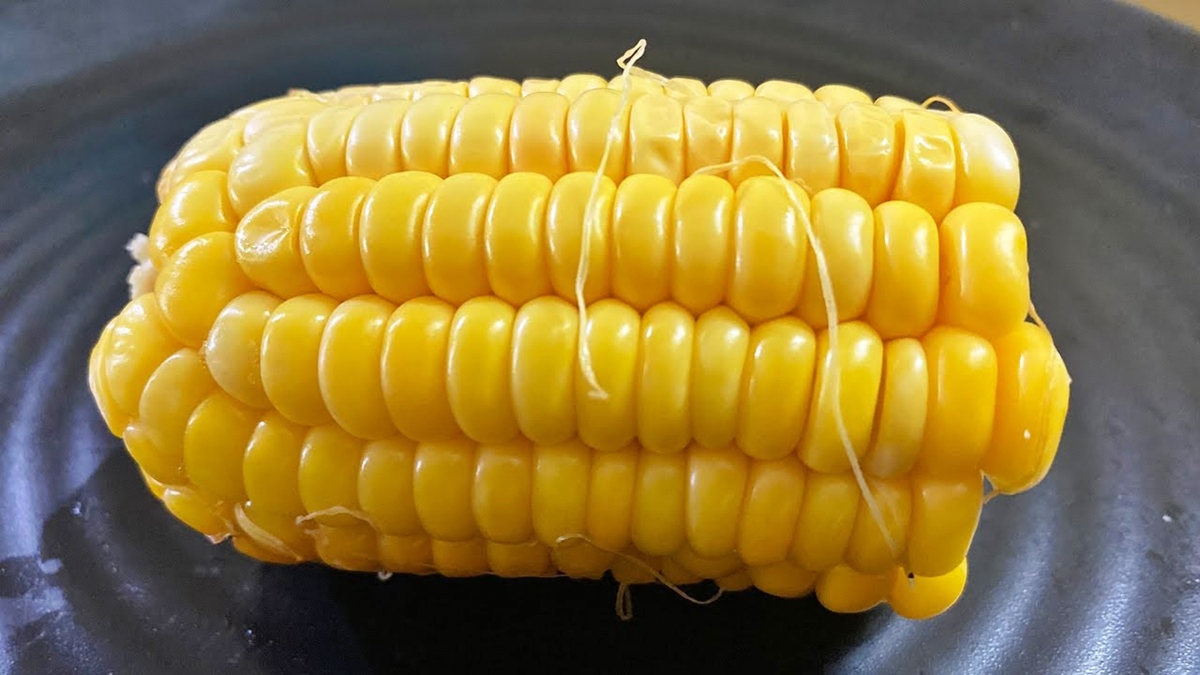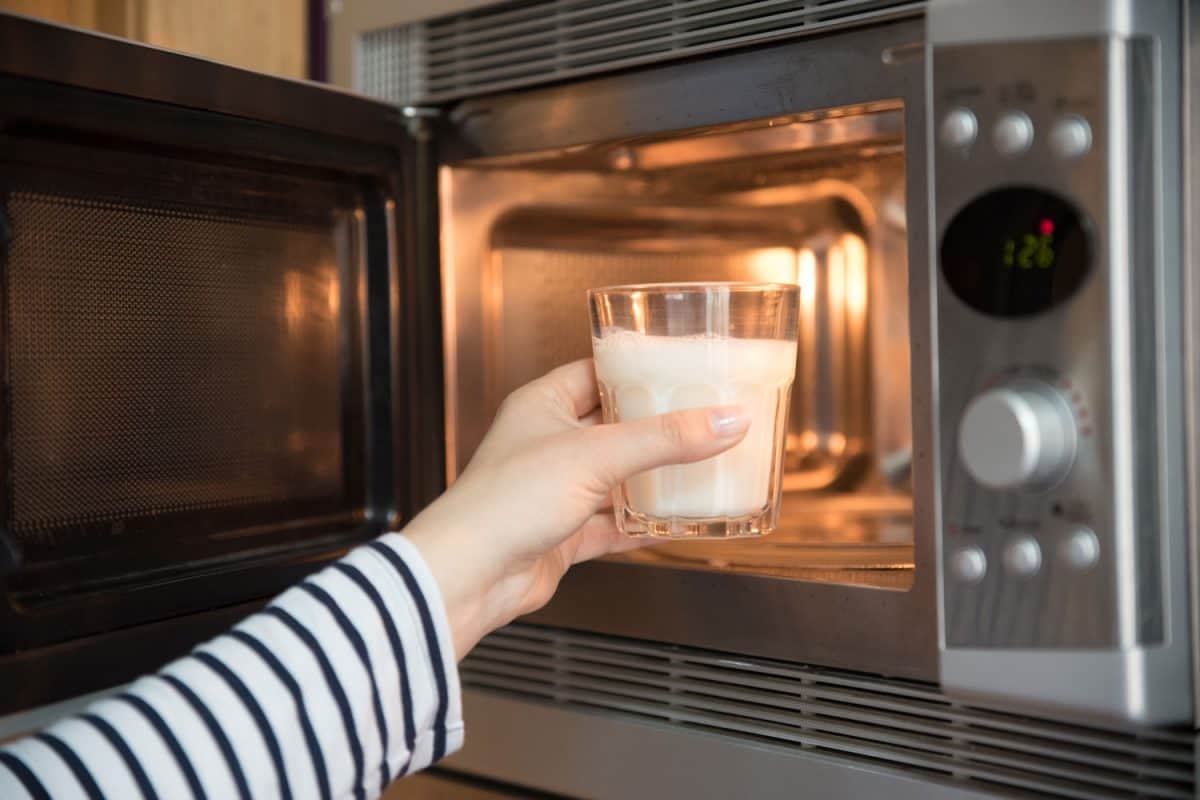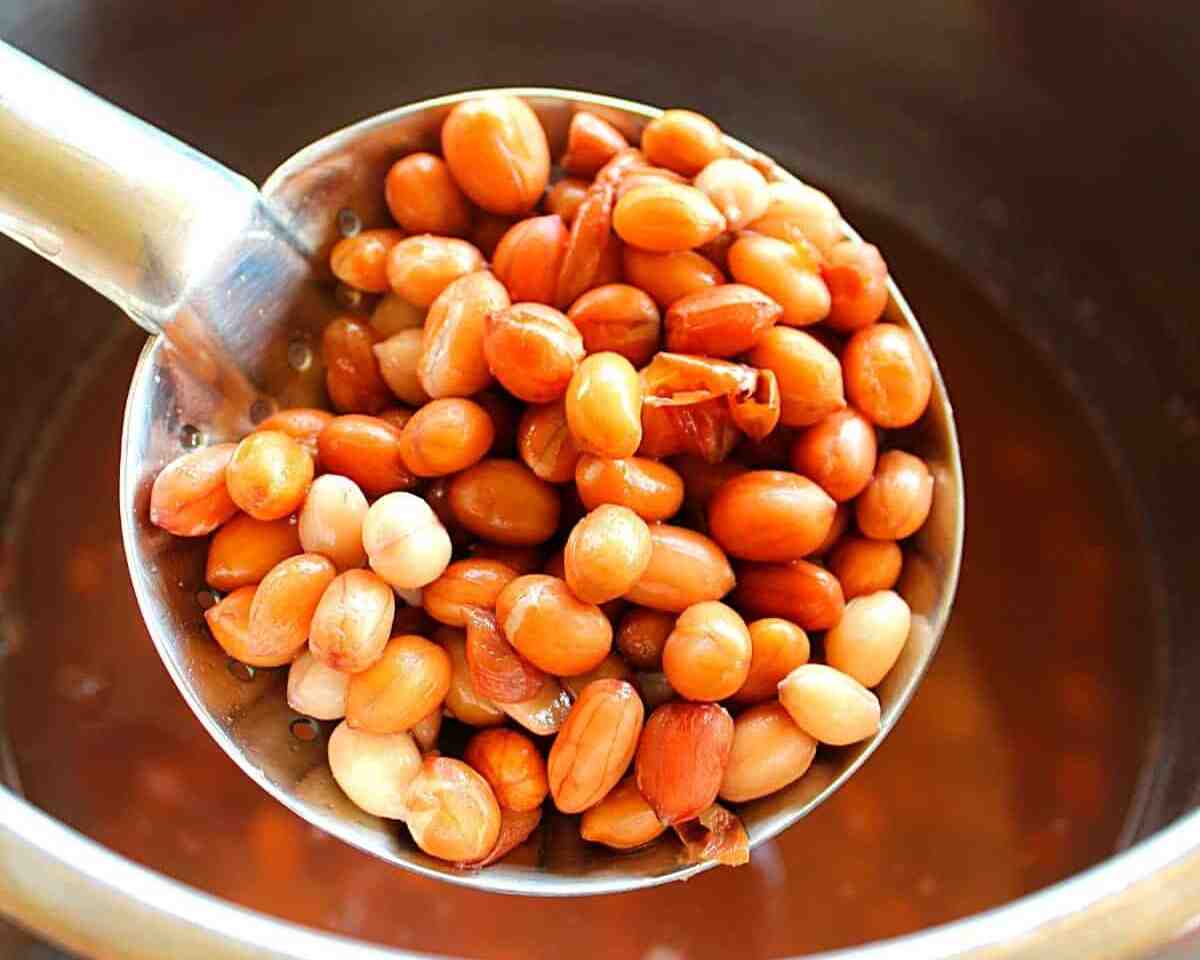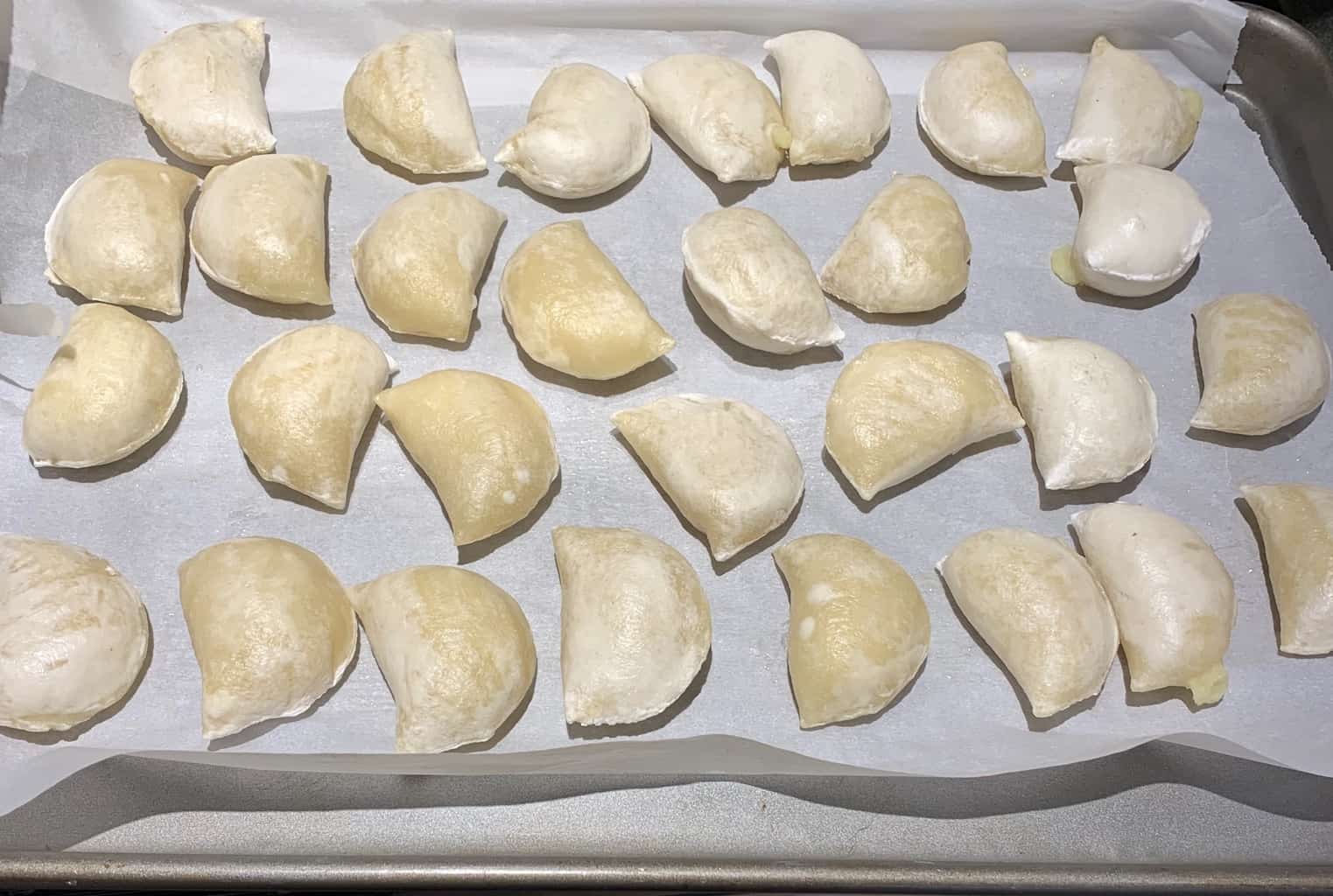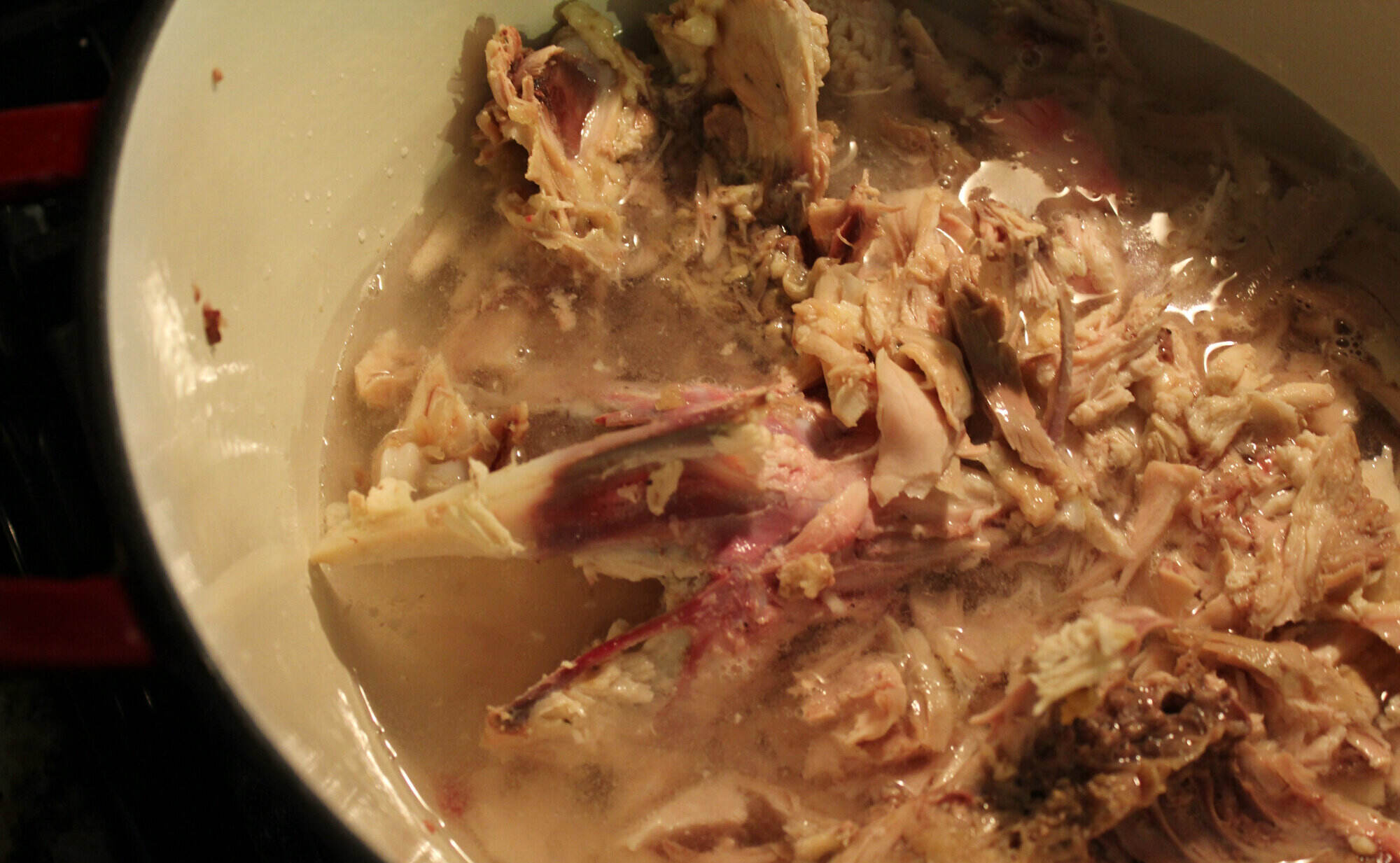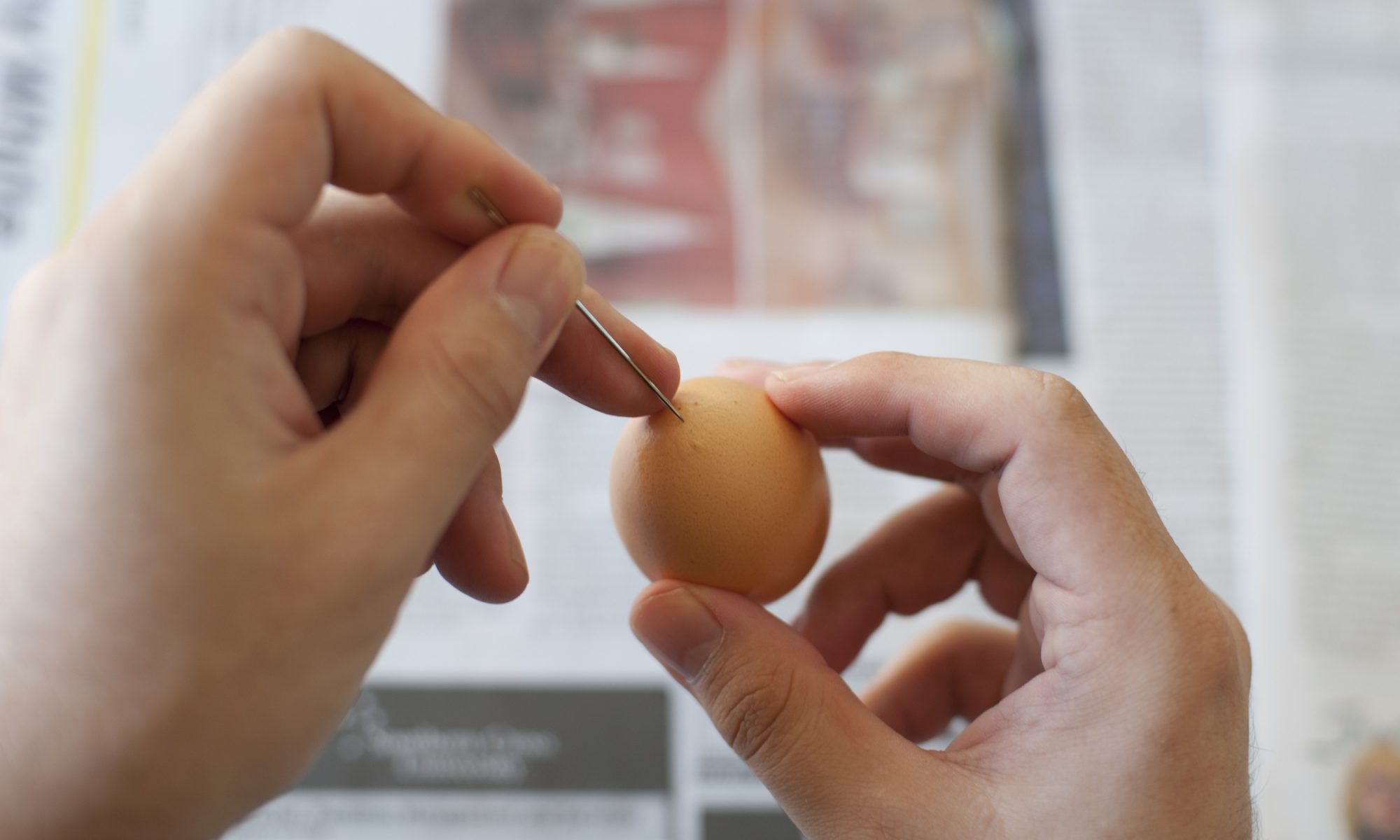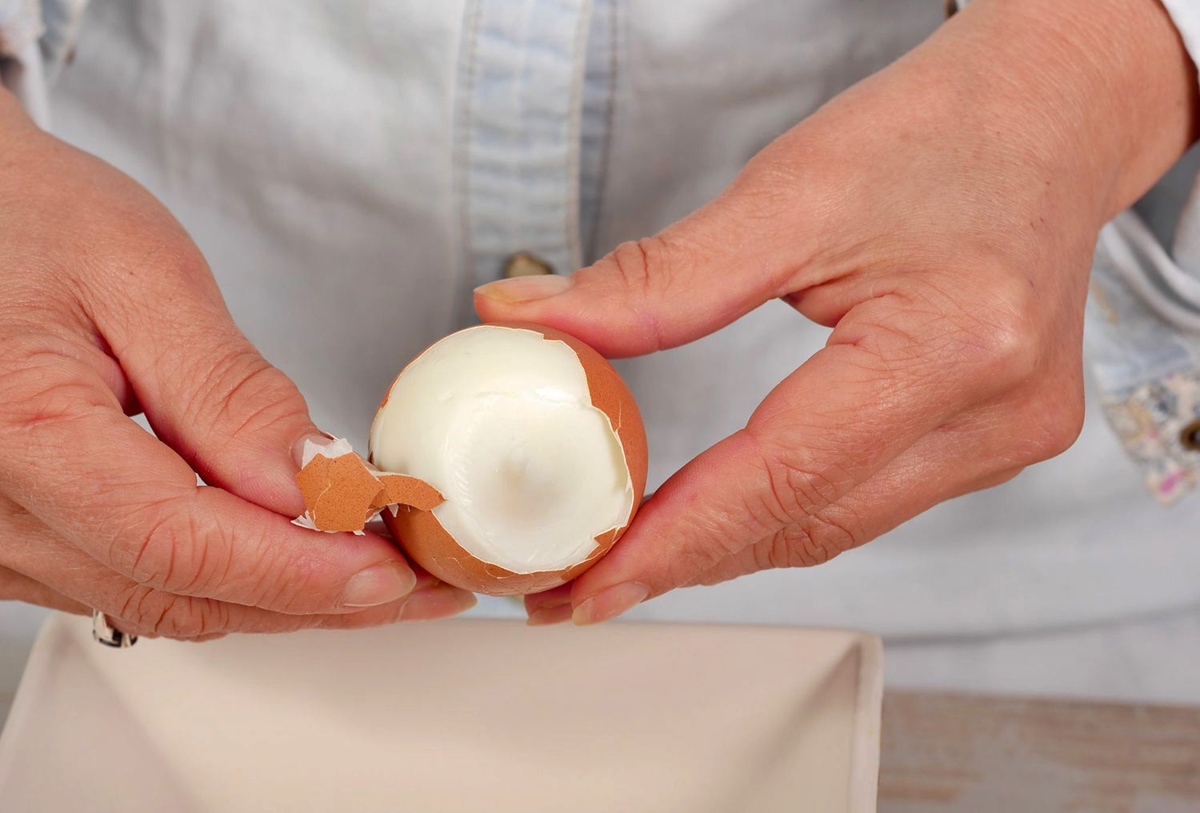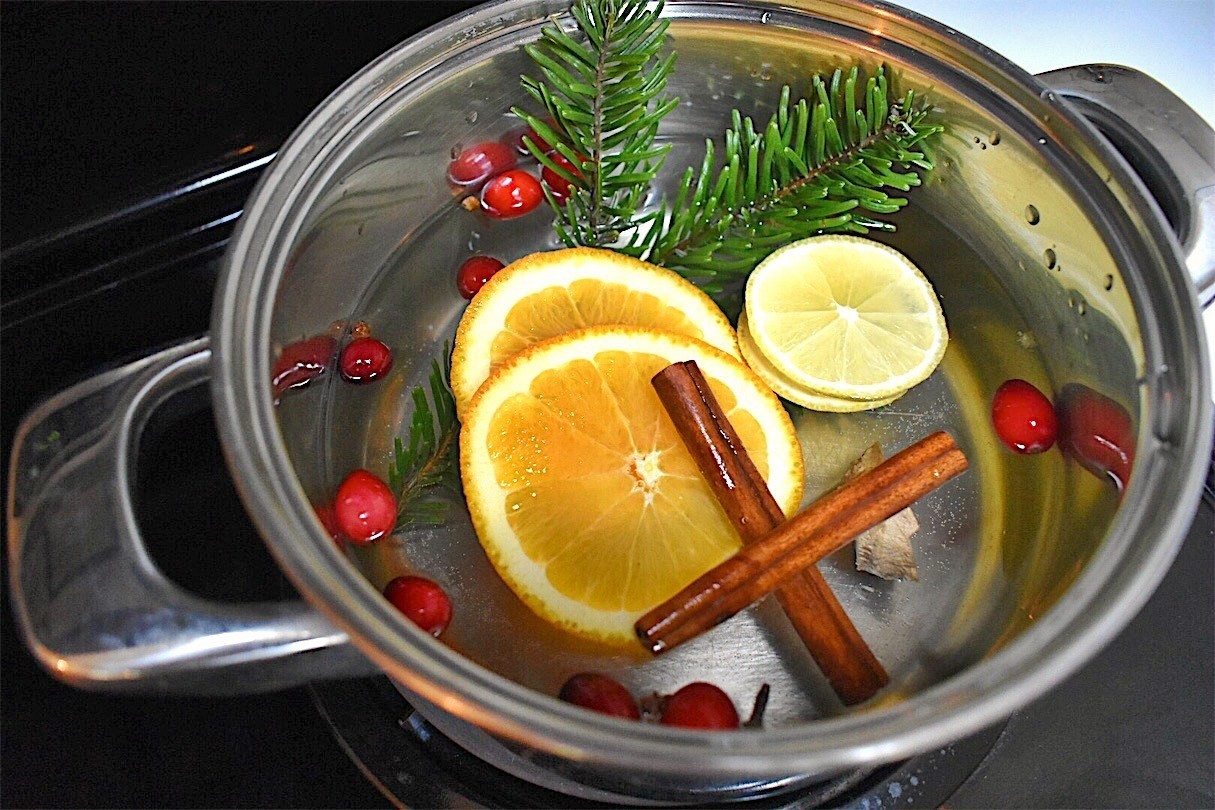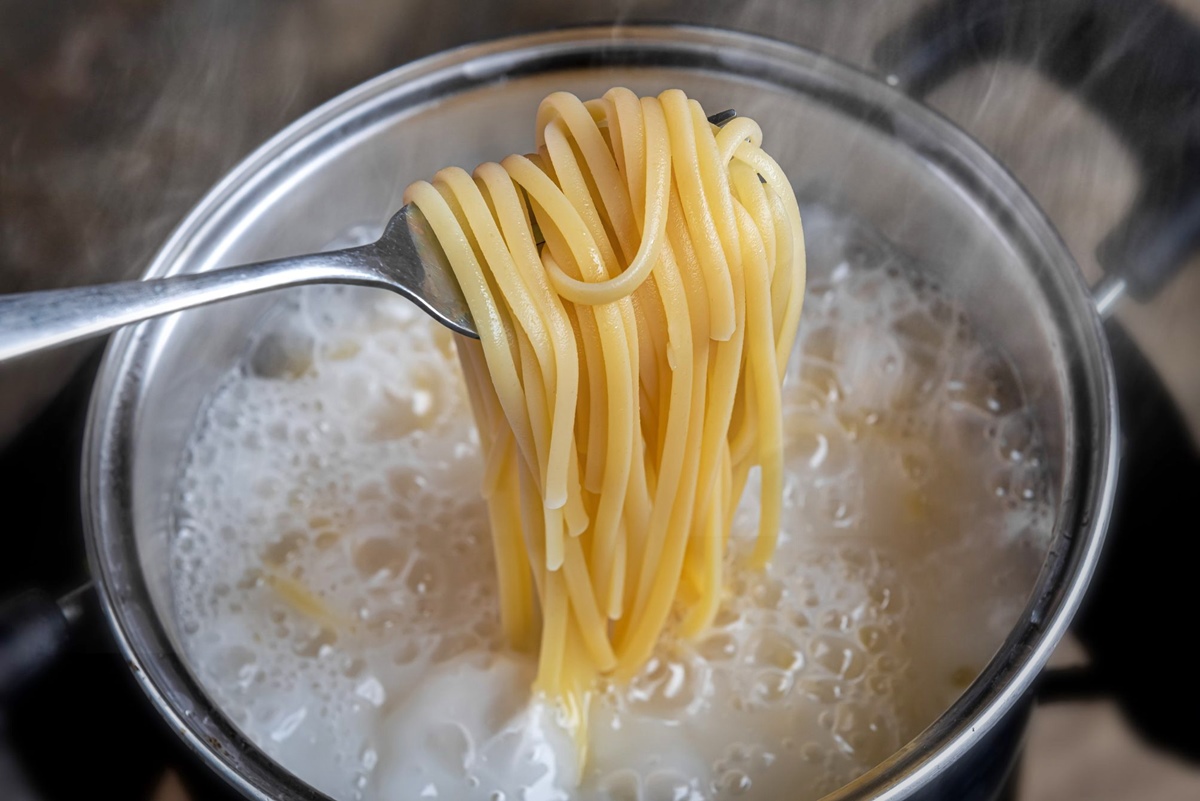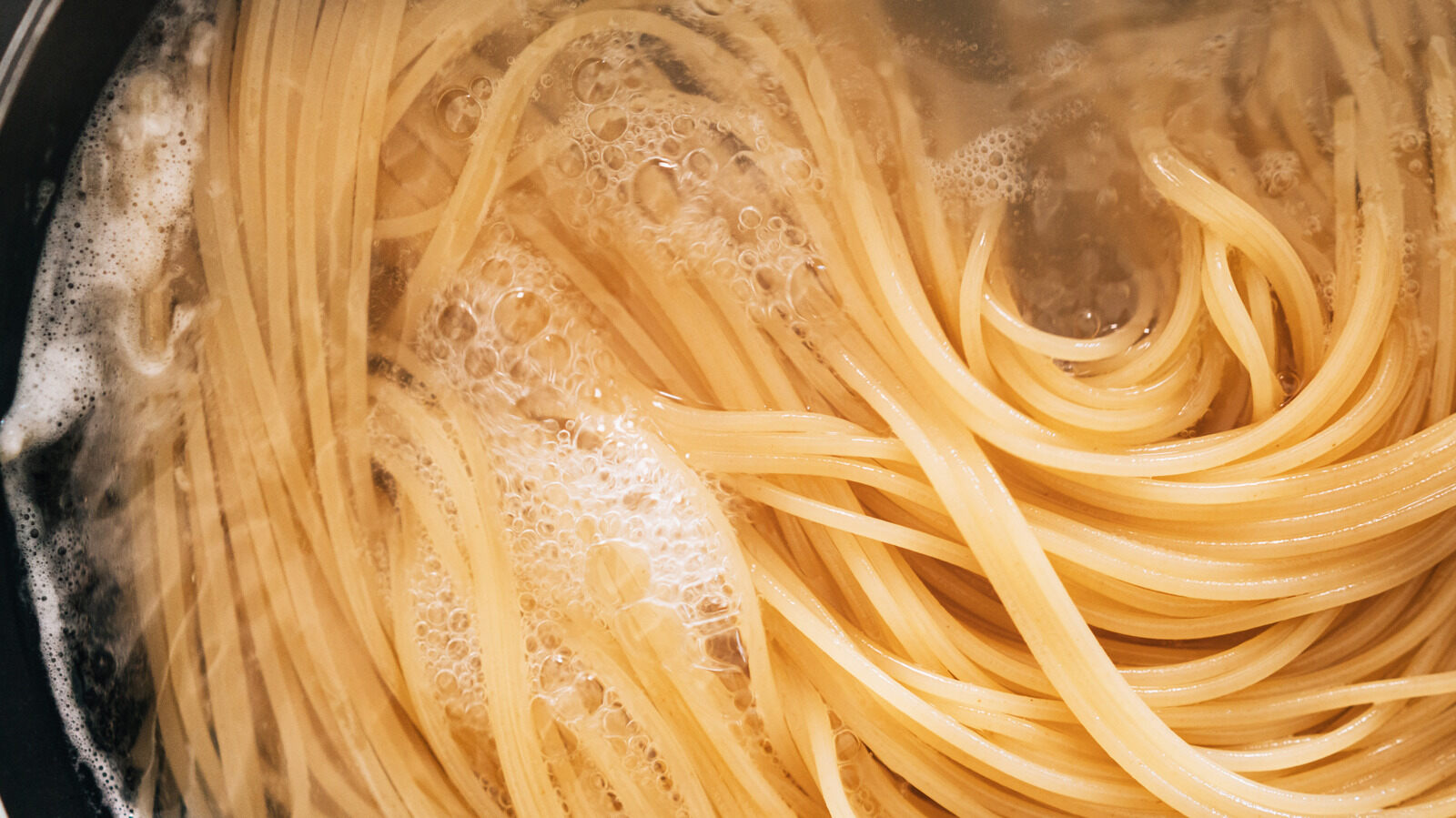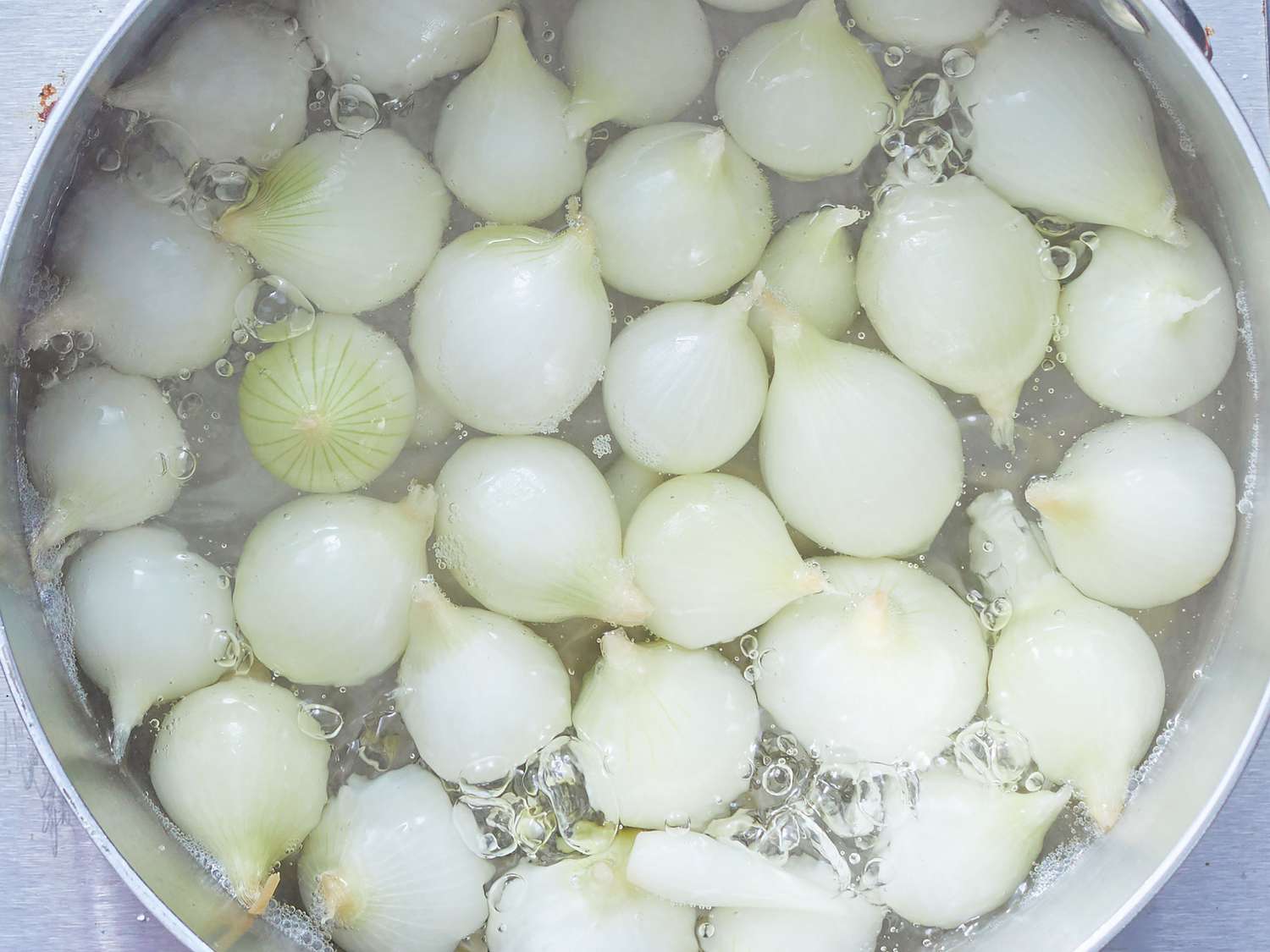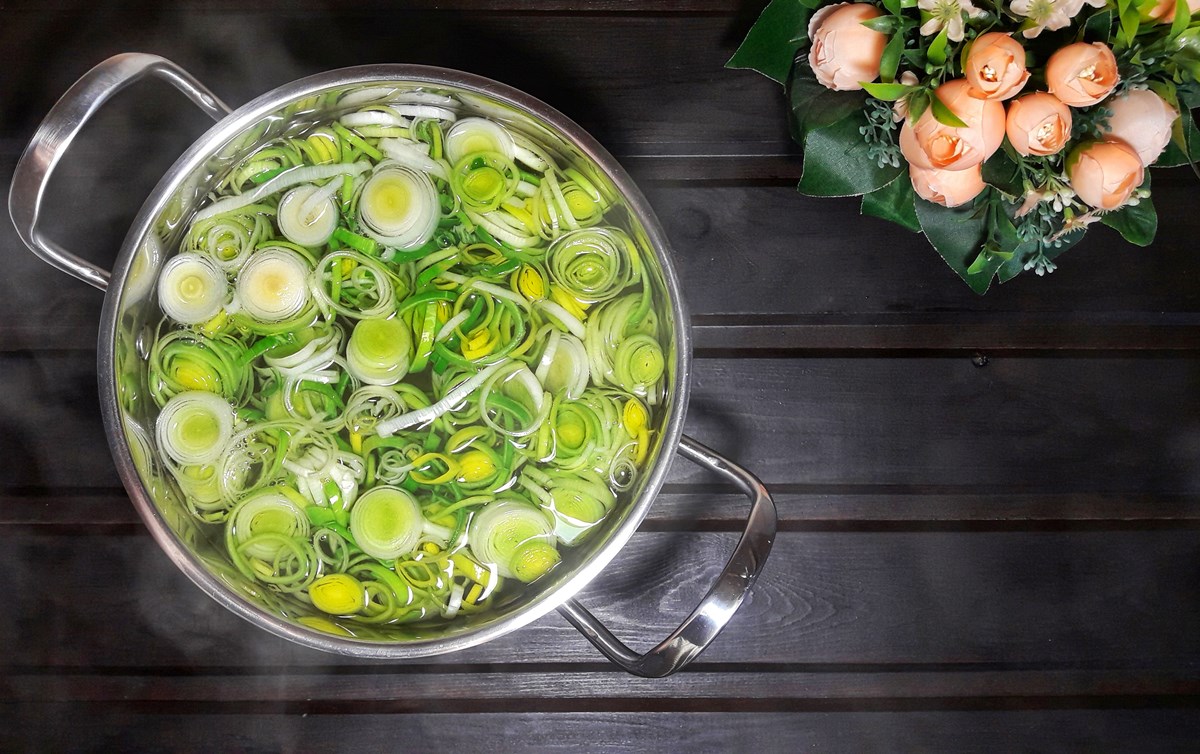How To Boil Fresh Pasta
Are you ready to take your pasta game to the next level? Look no further, because we are here to guide you through the art of boiling fresh pasta. While cooking dried pasta may seem like a no-brainer, fresh pasta requires a bit more finesse to achieve that perfect texture and flavor.
Why Fresh Pasta?
For those who have only experienced dried pasta, fresh pasta is a game-changer. The delicate, melt-in-your-mouth texture and subtle taste elevate any pasta dish to new heights. Making fresh pasta from scratch allows you to control the ingredients and customize it to your liking.
What You’ll Need
Before diving into the boiling process, gather these essential ingredients:
- Fresh pasta – either homemade or store-bought
- Water – enough to generously cover the pasta
- Salt – for seasoning the pasta water
- A large pot – to accommodate the pasta
The Boiling Process
Now that you have everything ready, follow these steps to boil fresh pasta to perfection:
- Fill your pot with water, allowing enough space for the pasta to move around freely.
- Bring the water to a rolling boil over high heat.
- Add a generous amount of salt to the boiling water. The water should taste like the sea.
- Gently add the fresh pasta to the pot. Be careful not to overcrowd the pot to prevent the pasta from sticking together.
- Stir the pasta immediately after adding it to the boiling water to prevent it from clumping or sticking to the bottom of the pot.
- Let the pasta cook according to the instructions on the package or your homemade recipe. Fresh pasta generally cooks much faster than dried pasta, so keep a close eye on it.
- To check for doneness, carefully grab a strand or piece of pasta with a tong or fork and taste it. The pasta should be al dente, meaning it has a slight firmness to the bite but is fully cooked.
- Once the pasta is cooked to your desired texture, quickly drain it in a colander. Avoid rinsing the pasta with water, as that can wash away some of its flavors.
Serving and Enjoying
Now that you have perfectly boiled fresh pasta, it’s time to serve and enjoy it! Toss it with your favorite sauce, sprinkle some freshly grated Parmesan cheese, and add a sprinkle of fresh herbs for that final touch. The possibilities are endless!
Remember, the key to boiling fresh pasta is to keep a close eye on it and taste for doneness. With practice, you’ll master the art of cooking fresh pasta, impressing your family and friends with your culinary skills.
So, go ahead, grab that pot and get ready to indulge in the world of perfectly boiled fresh pasta. Your taste buds will thank you!
Was this page helpful?
Read Next: How To Boil Potato For Potato Salad
